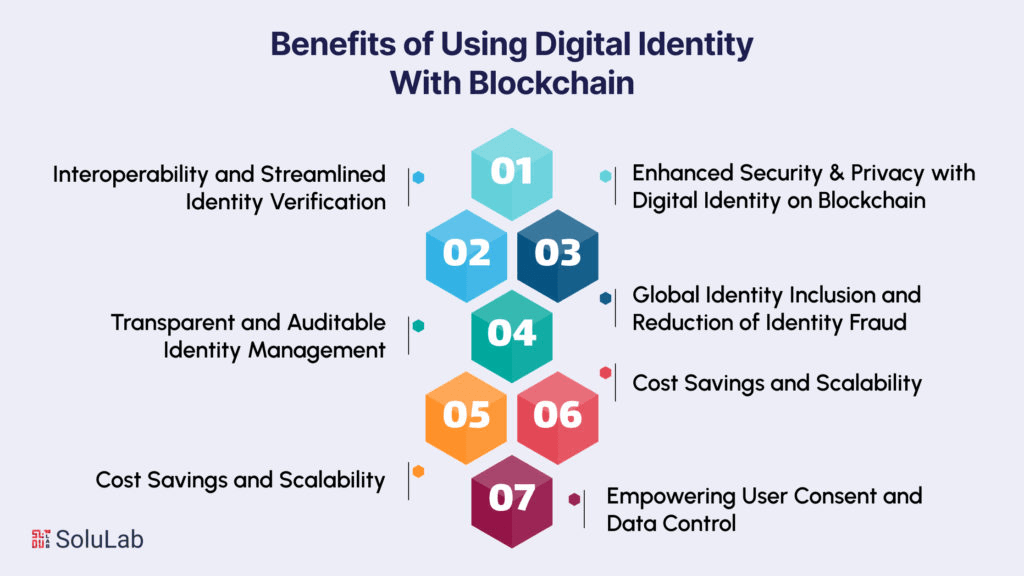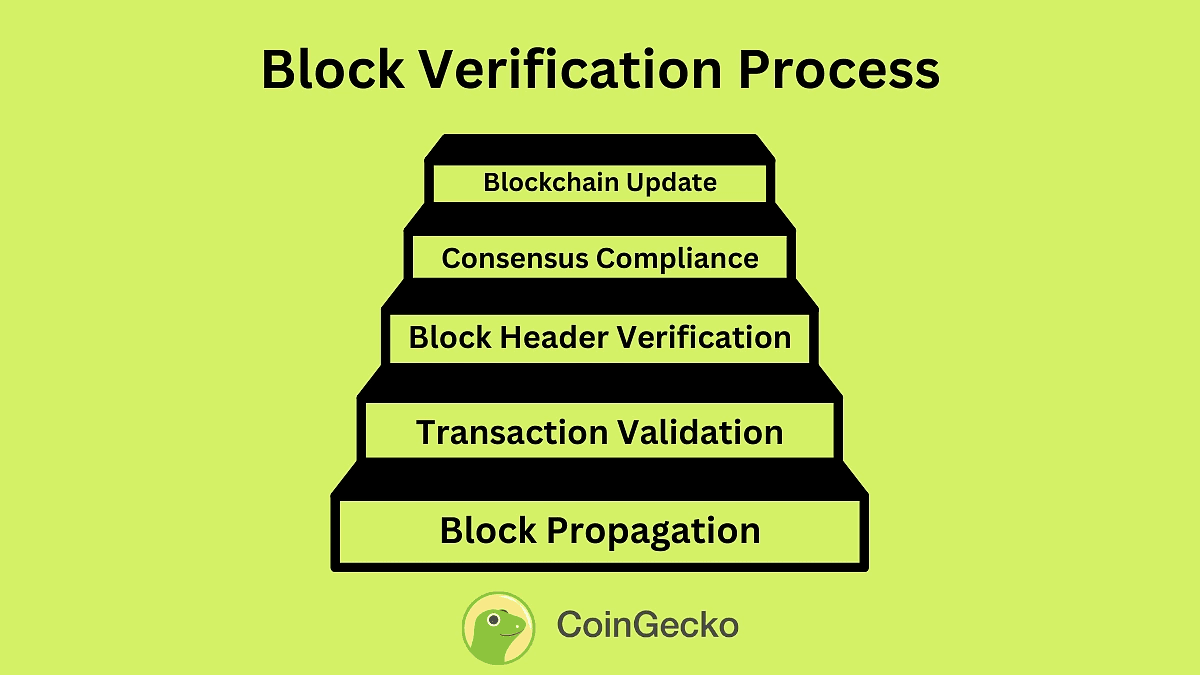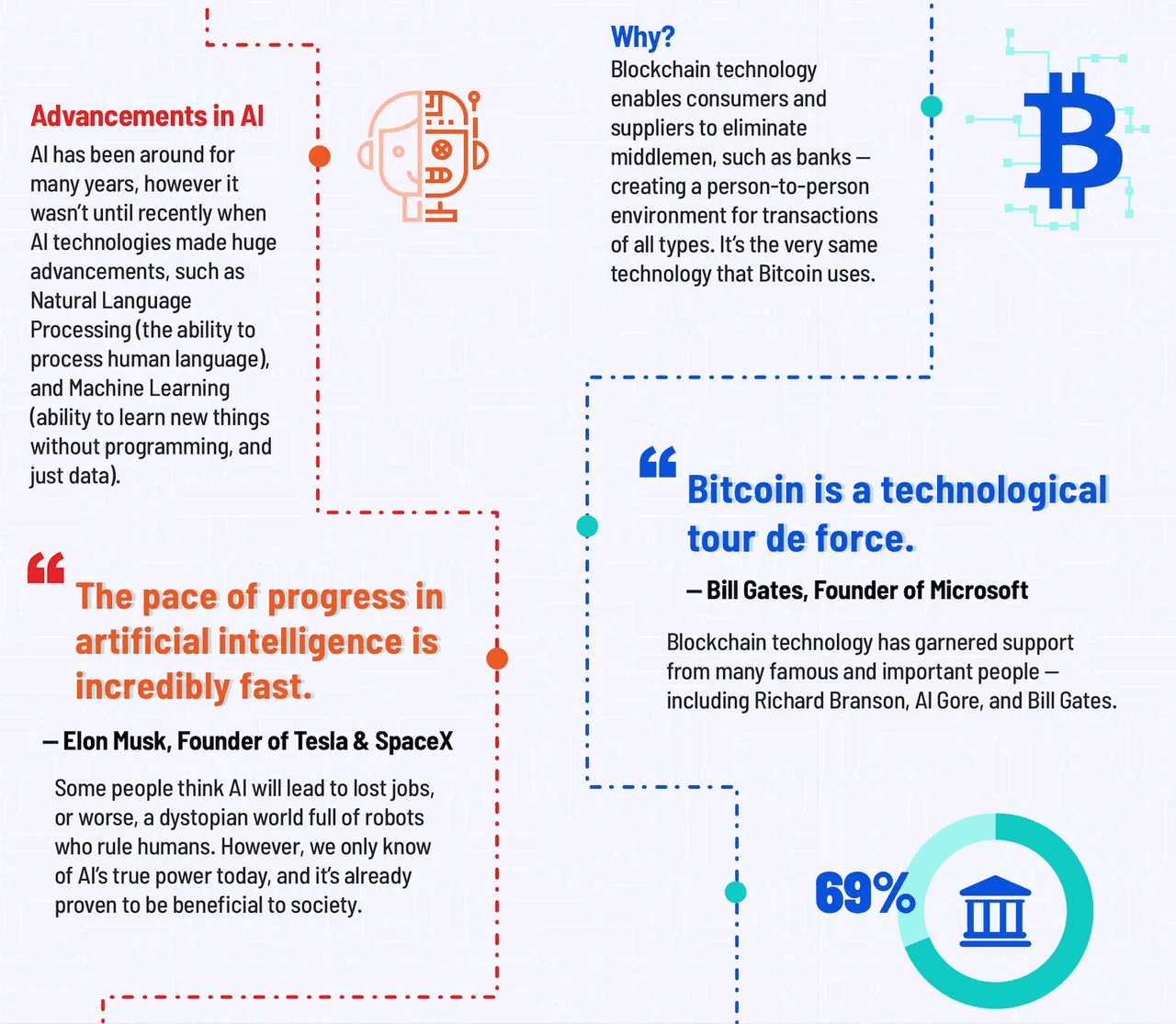business resources
The Rise of Intelligent Business Certifications: Why AI & Blockchain‑Verified IDs Are the New Trust Currency
20 Nov 2025, 3:24 pm GMT
With credential fraud accelerating and the digital ID market set to hit USD$80 billion by 2030, intelligent certifications, powered by AI + blockchain credentials, are emerging as the new trust currency. Find out how
Recent studies show that credential fraud has increased by 78 percent in five years, causing the global economy approximately US $2 billion in losses. Simultaneously, the digital credentials market is projected to hit US$1.13 billion by 2026, expanding at a compound annual growth rate (CAGR) of 21.7 percent.
This raises the most fundamental challenge faced by businesses and professionals: how can we accurately confirm who or what we are engaging with when the stakes increase, interactions accelerate, and fraud becomes more advanced?
Trust is one of the most valuable currencies, especially in the modern times. Whether you’re a new business finding a partner, a seasoned company competing for a contract, or a person enhancing their qualifications, the real question is: Can we rely on what’s being stated?
Combine artificial intelligence (AI) with blockchain-verified identities to create a novel type of "trust currency" for enterprises. Here is how:
By securing credentials on immutable ledgers and employing intelligent algorithms to authenticate claims, organisations can advance beyond conventional paper certificates or static digital documents. The outcome: credentials that are immediate, verifiable, and resistant to tampering.
The trust crunch: Why we need a digital overhaul
First off, why the fuss?
Trust has always been the glue holding business together, but recently, it's beginning to weaken. Cyberattacks have increased, with data breaches resulting in billions in losses for companies.
Remember that Equifax hack back in 2017? It exposed sensitive info for millions, shaking faith in traditional verification systems. Fast-forward to today, and AI-generated fakes are making it even trickier.
A questionable resume modified by ChatGPT? No problem for those unfamiliar. A 2023 report by Deloitte states that more than 40% of executives are concerned about credential fraud in the hiring process, and this is only the beginning.
Businesses are losing out big time. Supply chains grind to a halt over unverified partners, deals fall through because of shaky references, and reputations take hits from one bad apple. It's like playing a high-stakes game of poker with half the cards hidden. That's where intelligent certifications swoop in as the ultimate bluff-caller. By blending AI's smarts with blockchain's ironclad security, they create a "trust currency", a verifiable token of reliability that's as good as gold in the digital economy.

Why the shift is happening
1. Traditional credentials are losing their edge
For decades, businesses and individuals have relied on diplomas, certificates, registration numbers and membership badges to signal competence or authenticity. But these forms of credentials are increasingly seen as inadequate. They can be forged, misrepresented or simply outdated. As the business environment becomes faster, more global and more digital, the old model of checking an institution and trusting their paper‑based paperwork no longer suffices.
2. Complexity and global scale increase risk
When you deal with businesses across countries, or when you hire talent remotely, the number of verification steps grows. You may need to check whether the company you partner with is legitimate, or whether the person you hire really holds the skills claimed. The cost of verifying credentials manually is rising, and the risk of trust failure has real consequences, fraud, reputational damage, wasted investment. It is worth noting: using blockchain for credentials has shown benefits such as tamper‑resistance, faster verification and cost savings.
3. Emerging technologies make new models possible
Enter AI and blockchain. Together, they enable new ways of issuing, verifying and managing credentials that weren’t feasible before. For example, you can issue a digital ID for a business on a blockchain, embed verification metadata, and use AI to monitor or validate some of the underlying data in real time. One concrete case: OpenBusinessCouncil and Concordium launched a global business digital identity for SMEs using blockchain ID and AI verification. So simply put: what was manual, paper‑based and slow is now digital, smart and instantaneous.
AI: The brain behind the badge
Artificial intelligence isn't just about chatbots or self-driving cars; in the certification game, it's the wizard orchestrating everything behind the scenes. Imagine AI as your personal fact-checker on steroids. It examines large data sets, educational records, employment history, and even live performance metrics to verify credentials instantly. No more waiting weeks for a background check; AI does it in seconds, flagging inconsistencies like a pro detective.
Take hiring, for instance. Platforms such as LinkedIn are beginning to explore AI verification, yet the true innovation occurs with smart systems. A cert driven by AI could evaluate your GitHub commits, compare them with project logs stored on the blockchain, and just like that, your development abilities are validated without any human involvement in the process.
It's also conversational; imagine it as having a dialogue with your data, inquiring, "Does this align?" And what's the most exciting part? It's flexible. As you enhance your skills, the certification develops, integrating new milestones such as finishing an online course or excelling in a certification test.
But AI isn't flawless; bias in algorithms is a real concern. Developers are addressing this by training models on varied datasets, guaranteeing equity across genders, ethnicities, and backgrounds. In business, this implies credentials that genuinely represent ability, rather than merely connections.
Firms such as IBM are at the forefront with AI technologies that validate supply chain ethics, guaranteeing your coffee beans were sourced responsibly. It's not only effective; it's also moral, allowing trust to feel both personal and anticipatory.
Blockchain: The unbreakable vault of verification
If AI represents the intellect, blockchain symbolises the strength, the unchangeable stronghold that ensures transparency. You're familiar with blockchain due to Bitcoin, correct? That distributed ledger where each transaction is inscribed in digital permanence, unchangeable without agreement from the network. Now, apply this to certifications, and you have IDs that anyone can verify from anywhere, without a central authority possessing the keys.
This is how it functions in simple terms: once you obtain a certification, it's created as a distinct digital token on the blockchain. Imagine it as a non-fungible token (NFT) for your career rather than for digital artwork. This token contains metadata, dates, issuers, and peer endorsements, all encrypted and shared among nodes.
Do you want to share it? You create a QR code or link; the receiver scans it, and the blockchain responds, "Yes, this is authentic." No intermediaries, no fakes.
Once on the blockchain, it remains indefinitely, establishing an everlasting audit trail. In finance, for instance, blockchain-validated identities could transform KYC (Know Your Customer) procedures. Financial institutions invest heavily in compliance; blockchain can eliminate the need for multiple IDs across banks, reducing expenses by as much as 30%, according to PwC projections. What about international commerce? Visualise Indian exporters confirming certifications for EU partners immediately, eliminating the need for tedious paperwork.
Of course, scalability is key. Initial blockchains such as Ethereum struggled with heavy loads, but enhancements like layer-2 solutions and more sustainable proofs (farewell, energy-consuming mining) are improving performance. Initiatives such as Microsoft's ION (Identity Overlay Network) are developing open-source blockchain identities that integrate effortlessly with business applications, demonstrating that this technology is prepared for mainstream use.

AI and Blockchain based certifications: A Layer of trust
Smart certifications combine AI's analytical strength with blockchain's security to form self-sovereign identities, IDs that you manage, rather than an impersonal corporation. You determine what to disclose, when, and with whom, while ensuring privacy via zero-knowledge proofs (advanced technology that confirms without disclosing specifics).
In education, institutions like MIT are providing blockchain-based diplomas authenticated by AI, enabling graduates to present secure, tamper-resistant degrees to employers globally.
Companies appreciate it; a 2024 Gartner survey revealed that 60% of organisations intend to implement these systems by 2026, highlighting decreased fraud and quicker onboarding.
In healthcare, AI-blockchain certifications guarantee that professionals' qualifications are current, which is vital when lives are at stake. Imagine a surgeon's board certification verified instantly.
Supply chains get a massive boost, too. During the pandemic, disruptions highlighted verification woes; now, AI scans for compliance while blockchain logs every step, from raw materials to delivery. Companies like Walmart use this combo to trace food origins in seconds, not days. It's not just about efficiency; it's building ecosystems where trust flows like currency, enabling collaborations that were once pipe dreams.
Challenges? Interoperability, getting different systems to talk, is tricky, but standards like the Decentralised Identity Foundation are bridging gaps. Privacy regulations like GDPR demand careful handling, but with AI's precision and blockchain's encryption, solutions are emerging.
The result? A trust economy where verified IDs unlock opportunities, from funding to partnerships.

The bigger picture: Reshaping business and beyond
So, why call this the "new trust currency"?
Because in a hyper-connected world, trust isn't optional, it's the fuel for innovation. Intelligent certifications democratise access; freelancers in developing nations can prove skills to global clients without gatekeepers. It levels the playing field, rewarding competence over connections.
McKinsey predicts the digital identity market could hit $50 billion by 2025, driven by AI and blockchain. Investors are piling in, with startups like Civic and uPort raising millions to scale these tools. For businesses, it's about risk mitigation, fewer scams mean more focus on growth.
Businessabc: Building the trust layer for the digital age
Businessabc is a global platform that is revolutionising how businesses and professionals establish trust in the digital world. By combining the power of AI and blockchain, Businessabc offers a secure and verifiable way to manage credentials and digital identities, making them instantly accessible and immutable.
Businessabc enables businesses to issue digital IDs that are tamper-resistant and globally verifiable, reducing the time and cost associated with traditional manual verification. By storing credential data on a distributed ledger, each certificate, membership badge, or qualification is not only secure but also easy to verify by anyone, anywhere.
The platform also hosts the Businessabc AI Global Summit, a prominent event where AI and blockchain technologies are explored as vital components in the future of business. By showcasing how these technologies intersect with trust and digital identities, BusinessABC helps set the stage for a more secure and efficient global economy.
For businesses and professionals, using a Businessabc‑type credential means having a verifiable, trusted ID that can be shared with partners, clients, or regulators without the fear of fraud or misinformation.
Share this
Himani Verma
Content Contributor
Himani Verma is a seasoned content writer and SEO expert, with experience in digital media. She has held various senior writing positions at enterprises like CloudTDMS (Synthetic Data Factory), Barrownz Group, and ATZA. Himani has also been Editorial Writer at Hindustan Time, a leading Indian English language news platform. She excels in content creation, proofreading, and editing, ensuring that every piece is polished and impactful. Her expertise in crafting SEO-friendly content for multiple verticals of businesses, including technology, healthcare, finance, sports, innovation, and more.
previous
Why Pigeon Forge Should Be on Your Family’s Vacation Bucket List
next
How Small Businesses Use WhatsApp and Where the Platform Makes Its Money